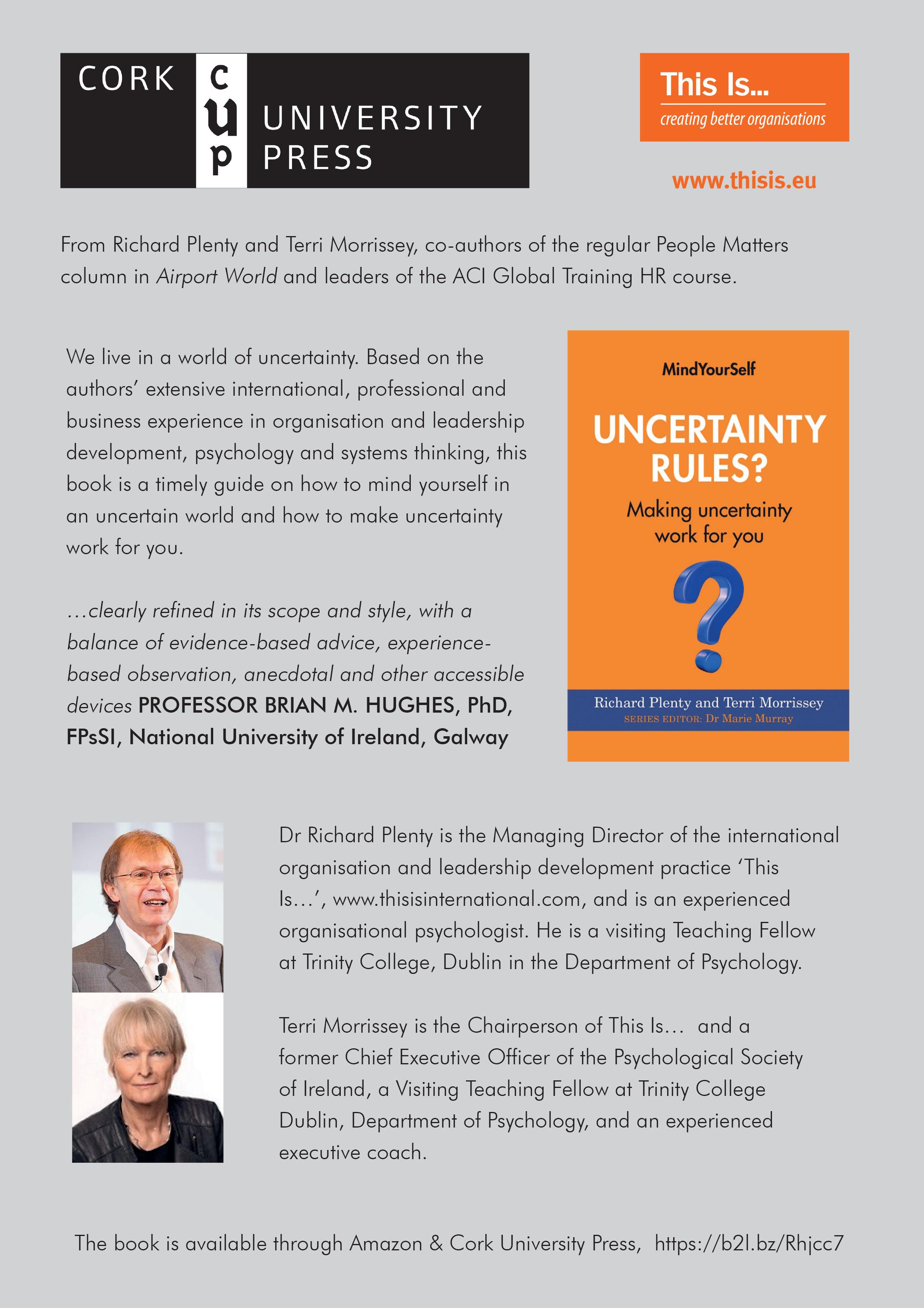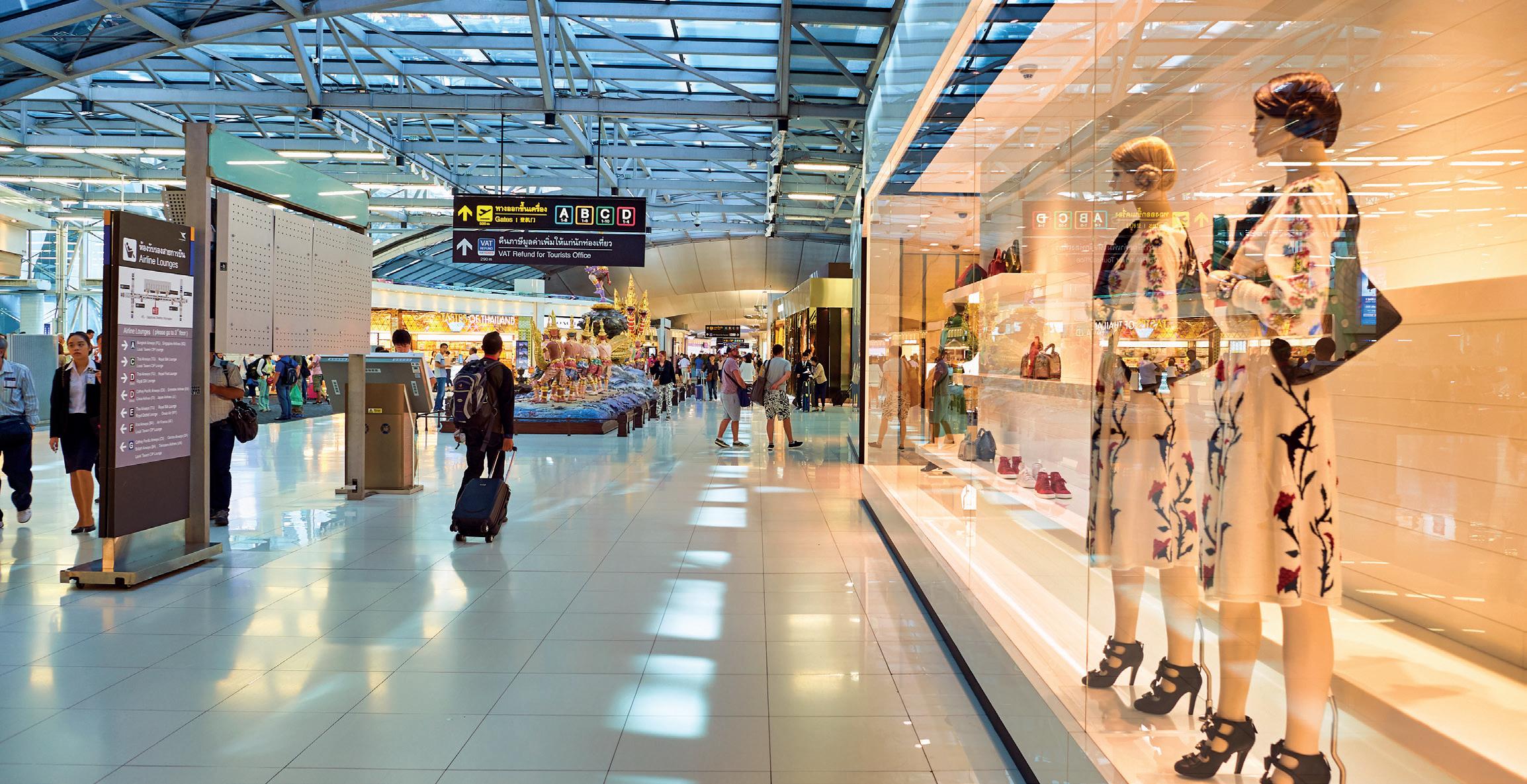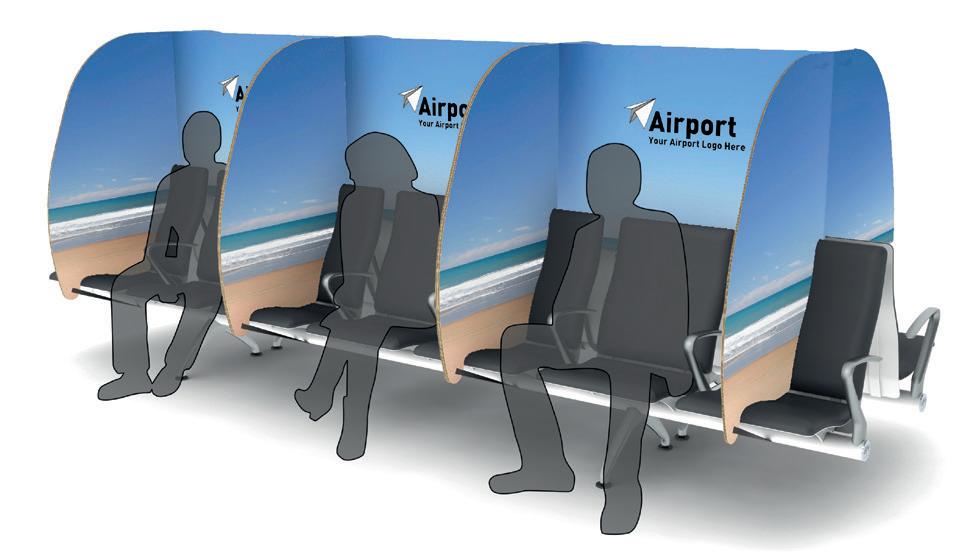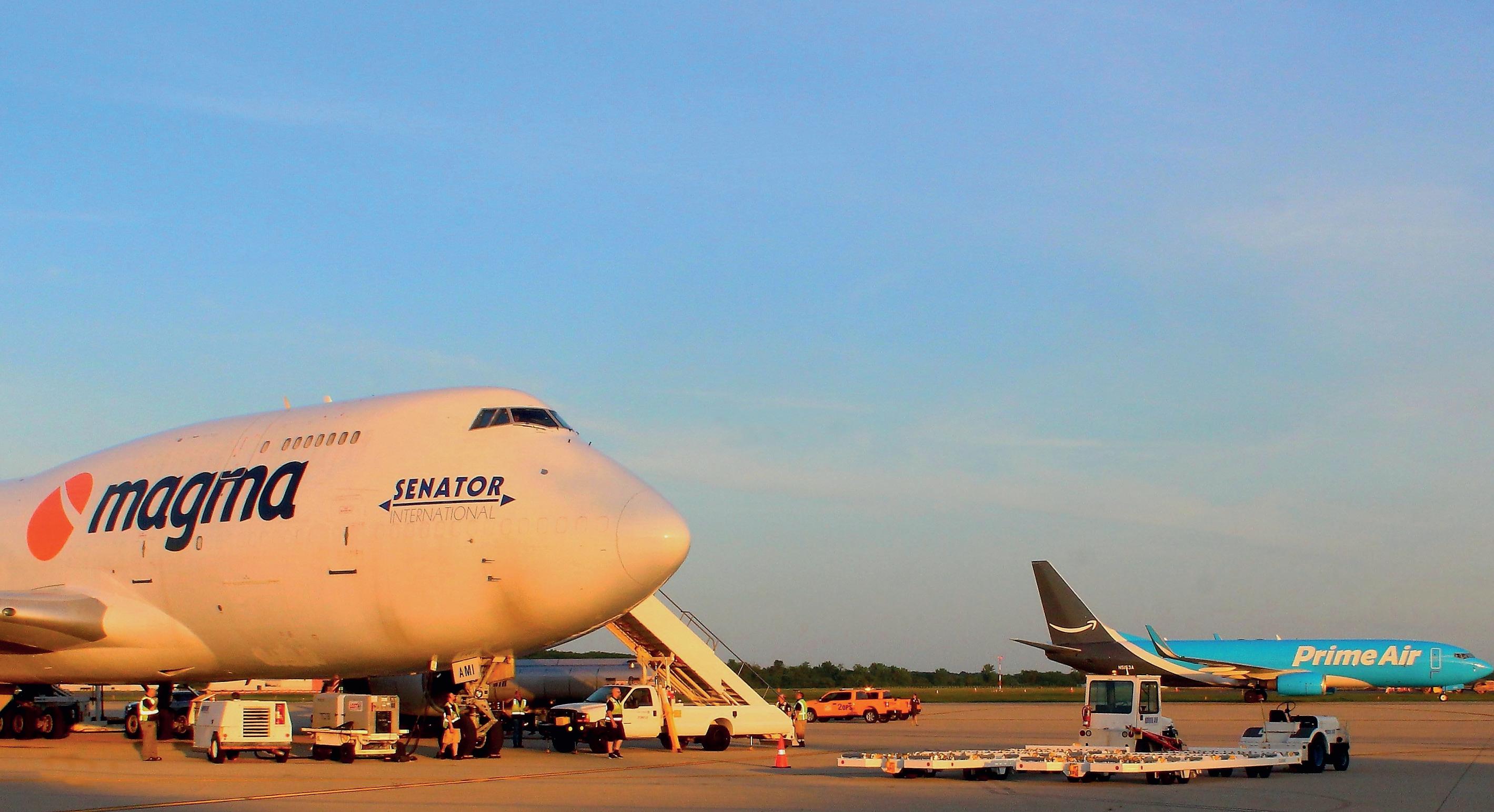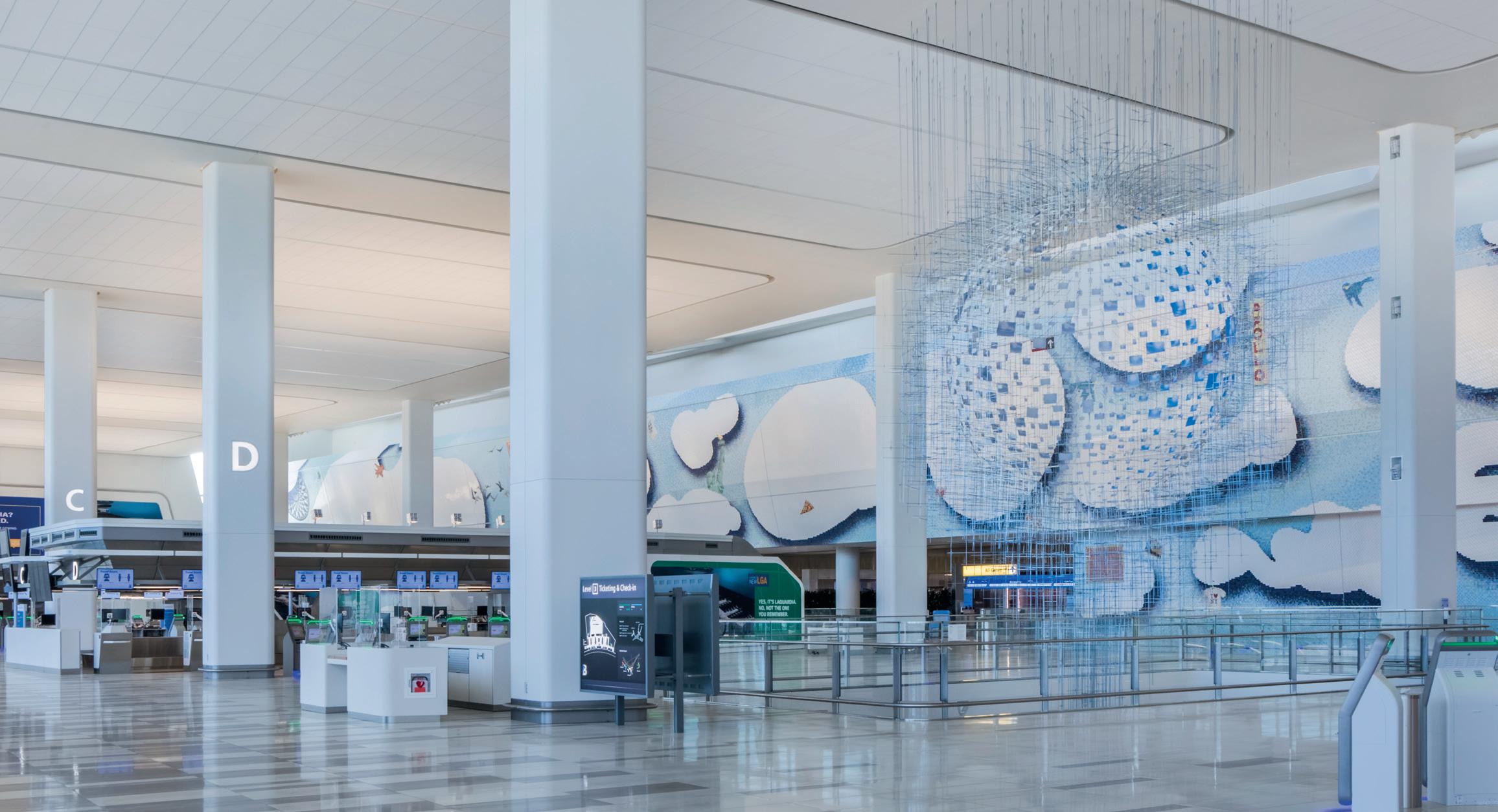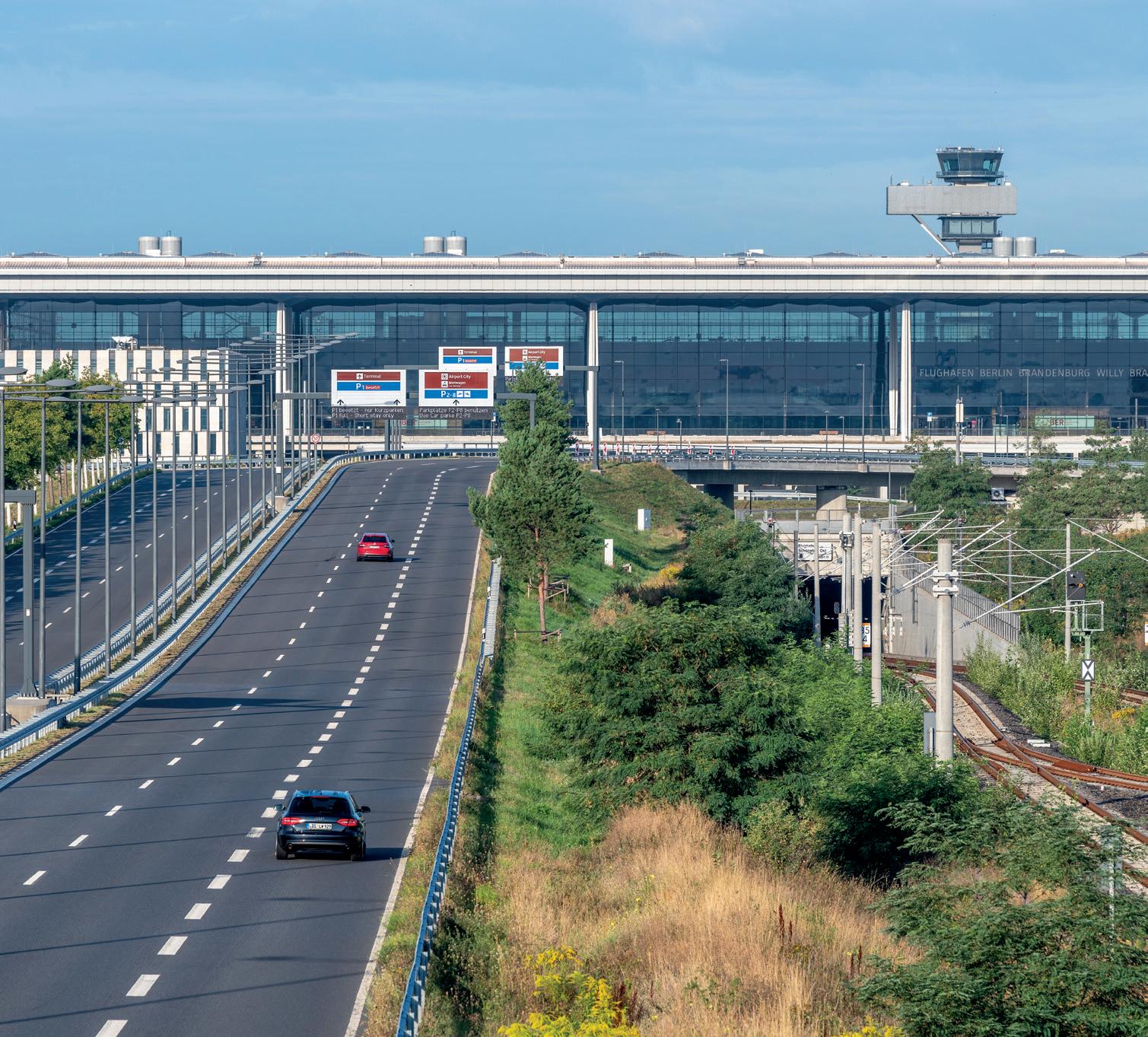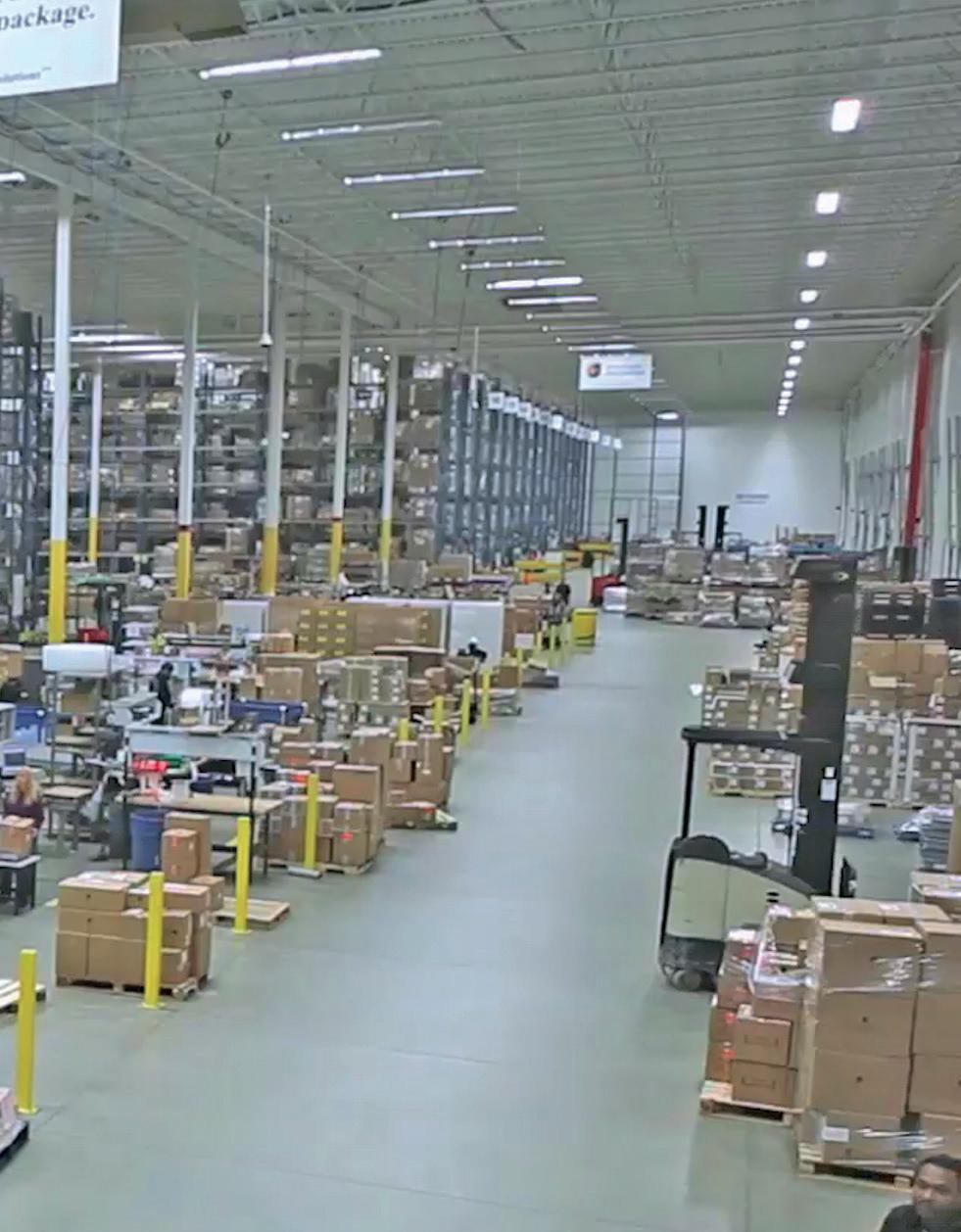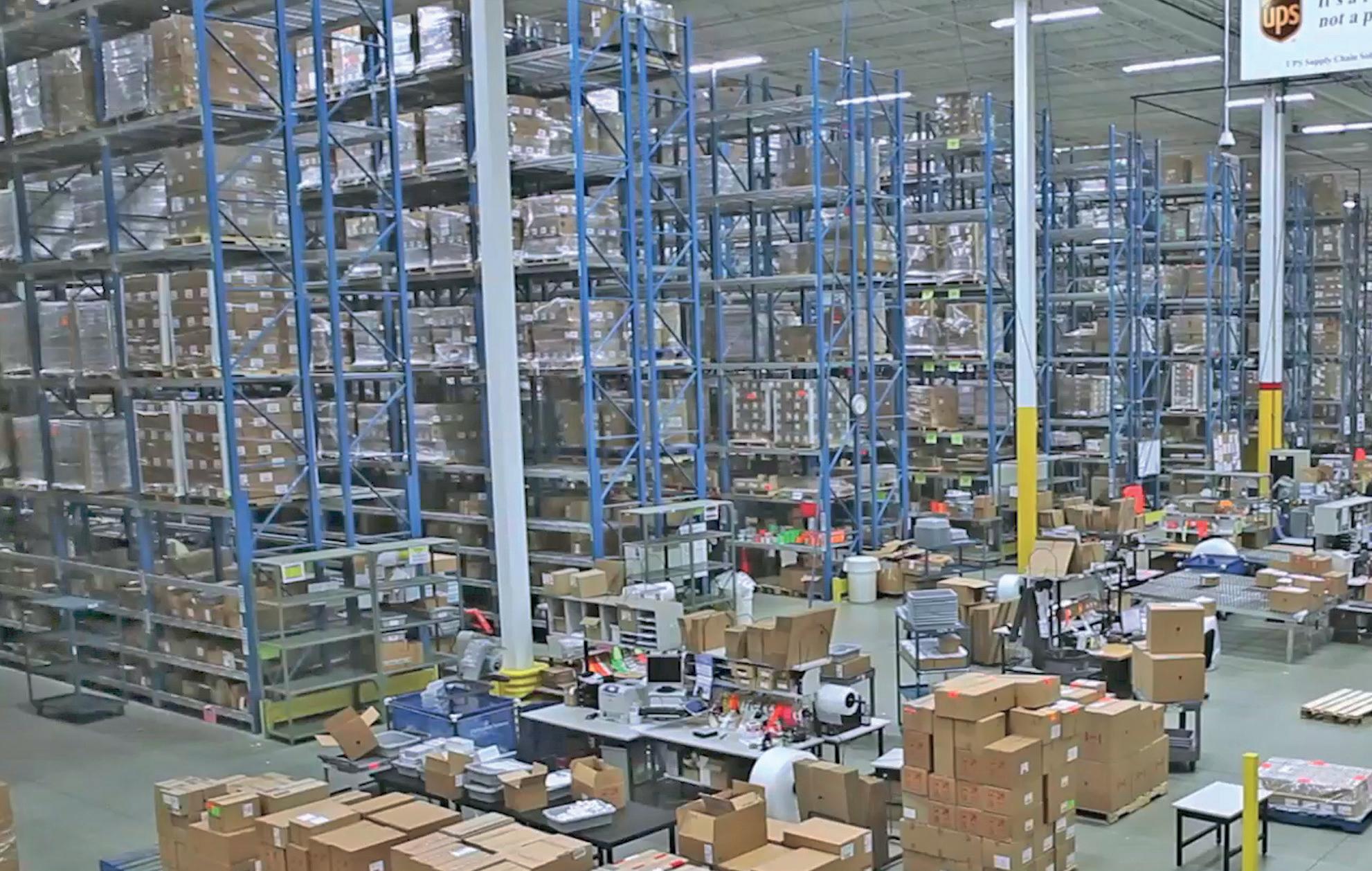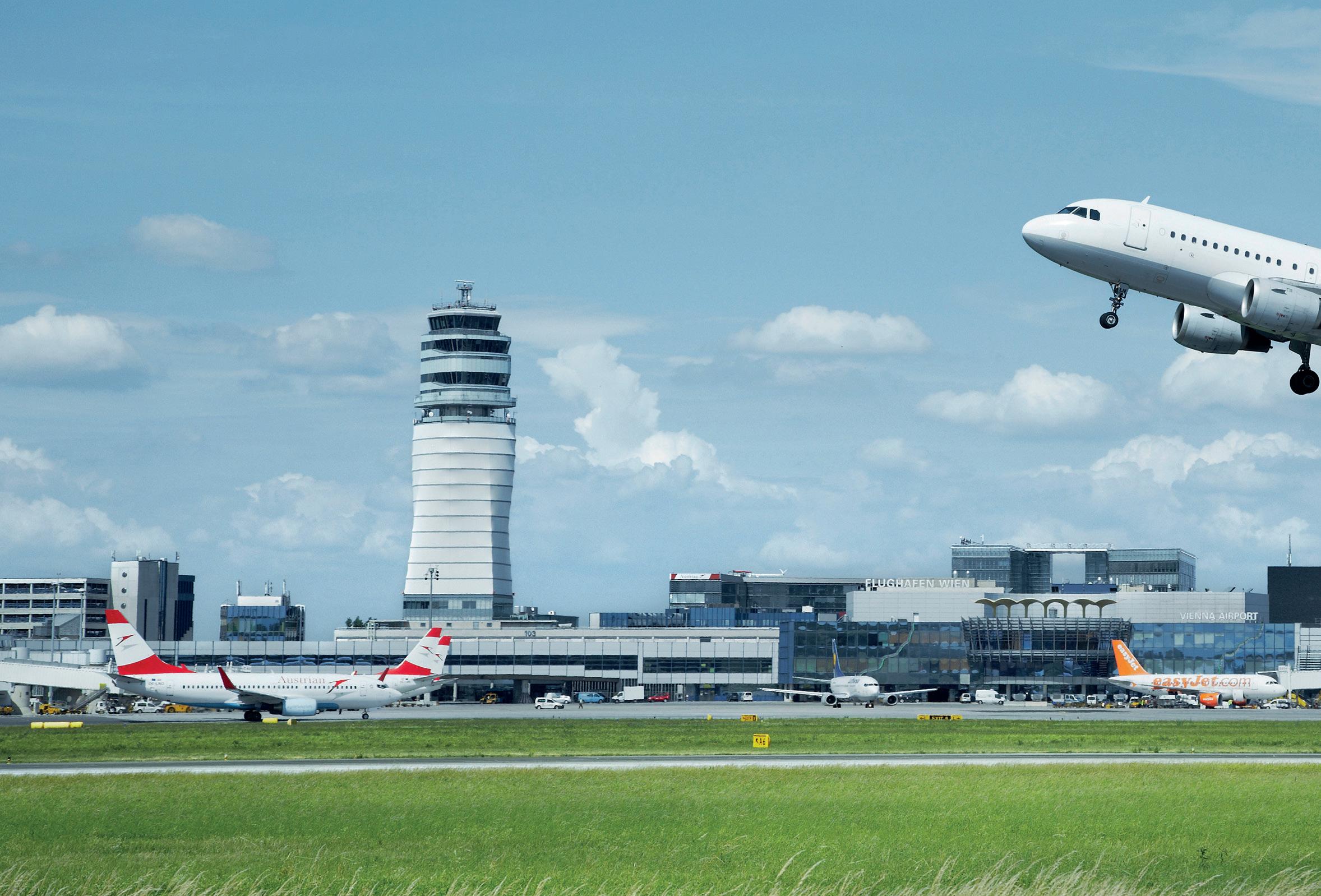SPECIAL REPORT: PLANNING & DESIGN
Growing the business MXD’s Chris LeTourneur explores growth opportunities for e-commerce, health and food logistics in the wake of COVID-19.
T
he COVID-19 pandemic has had devasting impacts on every aspect of how we live, work, play, socialise and move around, with aviation being one of the hardest hit sectors as passenger numbers have plummeted. The decline has led to a steep downturn in commercial revenues, particularly with regards to terminal retail and F&B concessions, parking, rental cars, airport hotels and conference facilities. However, it is not all negative as airports continue to come up with new ways of developing their property to diversify their revenue streams and decrease their dependency on traditional passenger related income. And increasingly they involve the development of facilities for e-commerce, health and food logistics. But before we review what some airports are doing, let’s reflect on some of the impacts COVID-19 has had on off-airport real estate across the globe.
Changing nature of offices and workspace Where we work has dramatically changed in response to the COVID-19 pandemic. Whereas the past decade was about increasing office density with open collaborative space concepts in downtown areas, the ‘new normal’ involves a hybrid of working from home and desires for less dense office space, as found in suburban business parks.
24
AIRPORT WORLD/ISSUE 4, 2020
Business Insider reports that several tech companies, including Google and Facebook, have limited their office capacity to 30% and firms including Twitter, Shopify and Spotify are now allowing their employees to work from home permanently. According to USA Today, office vacancy rates in the USA are forecast to rise to 20% by the end of 2020, and in dense cities such as New York office rents have fallen 20% in 2020. An ABC News survey suggests that seven out of 10 employees fear returning to their workplace until a COVID-19 vaccine has been established.
Decline of retail stores and e-commerce growth COVID-19 has had significant impacts for retail stores and restaurants. According to the New York Times, analysts predict 25% of the USA’s traditional malls will close in the next five years, a trend that has been accelerated by COVID-19. Overall total retail sales in the USA will drop by 10.5% in 2020 with retail store sales down 14%. In the wake of COVID-19, retailers have had to adapt to the new normal, which has meant growing their online sales platforms. In the USA, Walmart has leveraged its online grocery sales to compete with Amazon. Walmart expects a 35% online sales jump in 2020. And according to Tech Crunch, e-commerce sales in the USA will increase by 18% in 2020, predominantly due to COVID-19.

